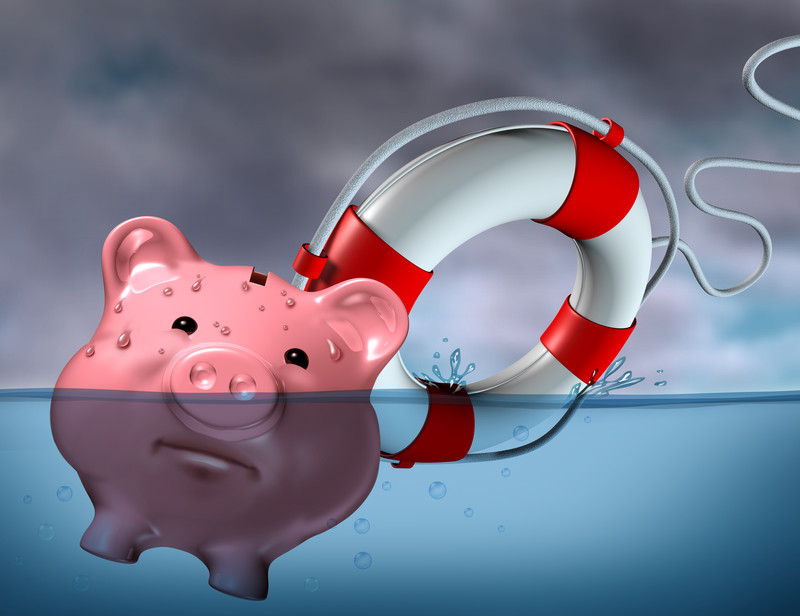Debt Planning
Article by R. Joseph Ritter, Jr. CFP® EA
Debt is borrowing happiness from tomorrow.
Each time the credit card is swiped, a car or boat loan is signed, student loans are funded, and the mortgage is signed, it is happiness borrowed from the future and using it all up today.
“My happiness is in my car.” Not long ago I was polishing my car and found some rust spots that were not there before. One day my car will rust away or be destroyed in an accident, or it will require thousands of dollars to repair to restore it to like-new condition. A new car depreciates rapidly in the first two years, resulting in our loss of many thousands of dollars. This is not a very good definition of happiness.
“My happiness is in my stereo equipment.” I bought stereo equipment once. Seven years later when I finally paid off the credit card and closed the account, the stereo equipment no longer held the luster it did when I picked it up off the shelf. My happiness faded because the stereo equipment was one reason my family was in debt and financially trapped for seven years.
When my family bought our first flat screen HD television, we were debating whether to take hundred dollar bills to the store or use the debit card. We could buy the television guilt-free because we had paid off all our debt and had saved the money for it. Now, whenever we use the television, I don’t have to sit there and wonder when it will be paid off.
Borrowing to obtain something we cannot afford takes all the happiness we will get from the item and brings it all in one day. The debt can be such a burden that we come to resent the decision to borrow and buy in the first place.
Proper debt planning, setting goals and developing a savings plan can help to avoid all the guilty and resentful feelings. Financial coach Dave Ramsey tells the story of a person who saved $40,000 to buy a new car. When the money was finally saved, the person decided against buying the car because $40,000 was a lot of money and could be used on much better things than a car that will only depreciate.
If we paid in cash (or debit card), there would likely be many things we would not buy, not only because we perhaps could not afford it, but simply that spending cash on some things just doesn’t seem worth it. Avoiding debt helps us spend more time thinking through the decision and whether we actually need it or if the purchase is simply for some instant gratification.
These are thought processes which never engage when we use debt. Unfortunately, we come to regret the decision when the job is lost, or income is reduced, or a major financial crisis occurs. Don’t let that happen to you. Save some happiness for tomorrow, you’ll probably need it there anyway.
